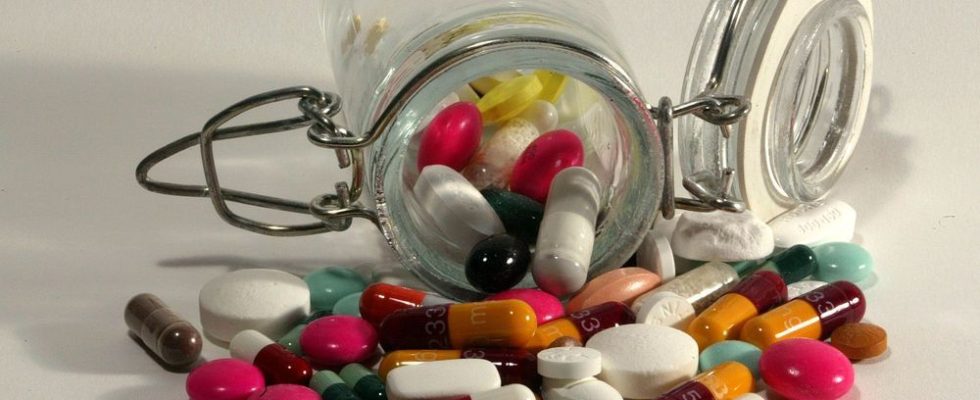The vtomorrow’s value is produced in partnership with Zonebourse.com
Hikma is an original laboratory: it is the first company of Jordanian origin to have integrated a Western stock exchange. The operation took place in London in 2005, more than twenty-five years after its creation in 1978. This does not mean that the file is more exotic than another. The company has built a state-of-the-art industrial tool to compete with the best players in the sector. Its market cap now stands at $5 billion. It employs 8,800 people worldwide and is part of the London Stock Exchange’s FTSE 250 index.
Its founder, Samih Darwazah, is still its main shareholder. This Jordanian pharmacist, who went through an American university course, cut his teeth at Eli Lilly, before embarking on the creation of a company dedicated to the marketing of drugs in the Middle East and North Africa. Without cutting corners, Hikma went from being a local player to a regional player, before entering the American market and carving out a place of choice there. So much so that the United States now represents 57% of annual revenues, ahead of the Middle East/Africa zone (34%) and Europe (9%).
The group, based in London, is present in three specialties related to generic drugs. The crown jewels are the sterile injectable products. They generated $1.14 billion in revenue in 2022, or 45% of the total revenue of $2.5 billion. It is the most profitable branch, the most exposed to the United States and the one with the highest barriers to entry. The margins of generic products with a trade name (28% of revenues) are lower, but they benefit from good momentum. Finally, oral generics (27% of sales) complete the scope, with lower profitability and momentum.
Third lab in Africa/Middle East
Regardless of the division concerned, Hikma’s core business is to produce and sell medical treatments that require great industrial rigor. In the pharmaceutical sector, this excellence is a sine qua non for regulatory agencies to dub commercialization. The severity of the American FDA in this matter no longer needs to be demonstrated. This is a good point for Hikma, which has managed to become the No. 3 in injectable generics in the United States. The other advantage of the company lies in a sales force very present in its region of origin, where the group can play on the local fiber. Moreover, it is currently in third position, all laboratories combined, by turnover in the Middle East / Africa zone, alongside big names such as Sanofi and Novartis.
5% growth per year
Business has grown steadily over the past six years, fueled by the expansion of the portfolio and industrial footprint. Hikma currently has over 760 treatments and 23 production sites worldwide. Sales growth should exceed 5% per year on average over the next three years, with an operating margin that reaches 23 to 24%. The PER, the net profit multiple, fluctuates between 12 and 14 times the results for the current financial year and the next two, a fairly reasonable level compared to the average.
The risks inherent in the file are characteristic of the sector. You have to be irreproachable in terms of industrial processes. Furthermore, the oral generics sector is highly competitive and subject to strong pressure on prices. This is currently the case in the United States. Finally, Hikma has long suffered from the vagueness surrounding the appointment of a new general manager. But things returned to normal last month, when Riad Mishlawi, president of the injectables division, was appointed to lead the group from September. An internal choice that clearly pleased the market.
